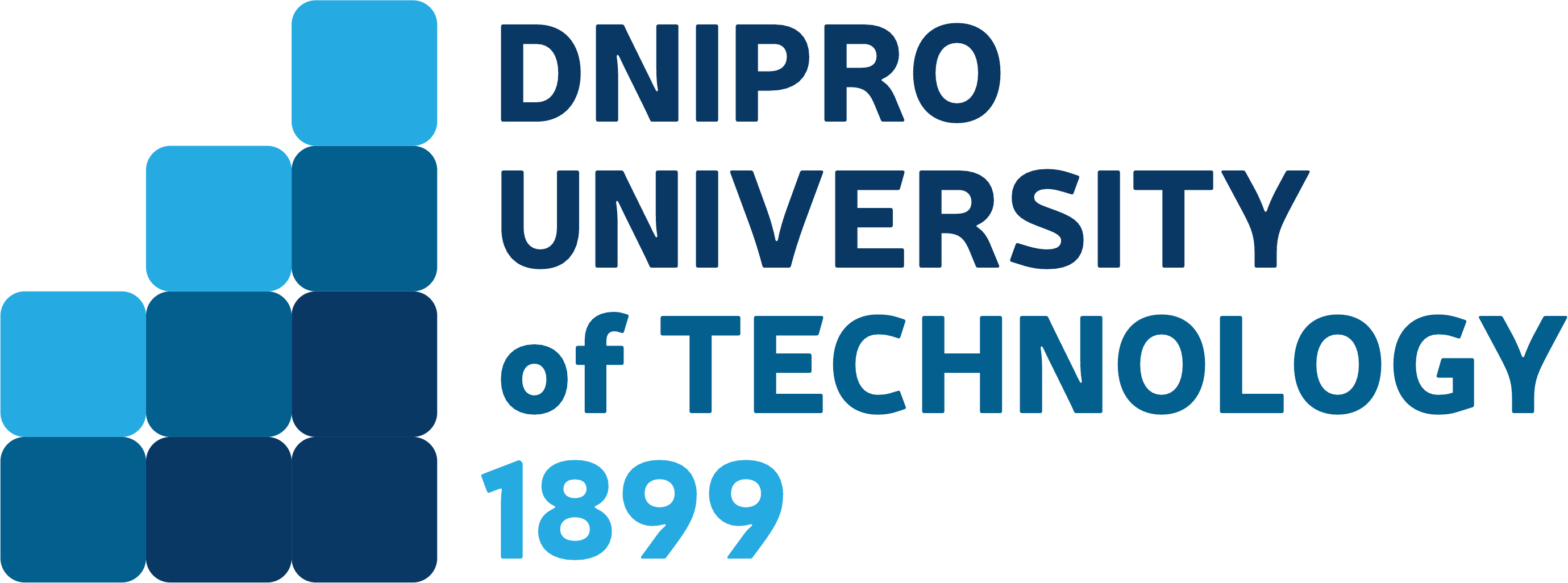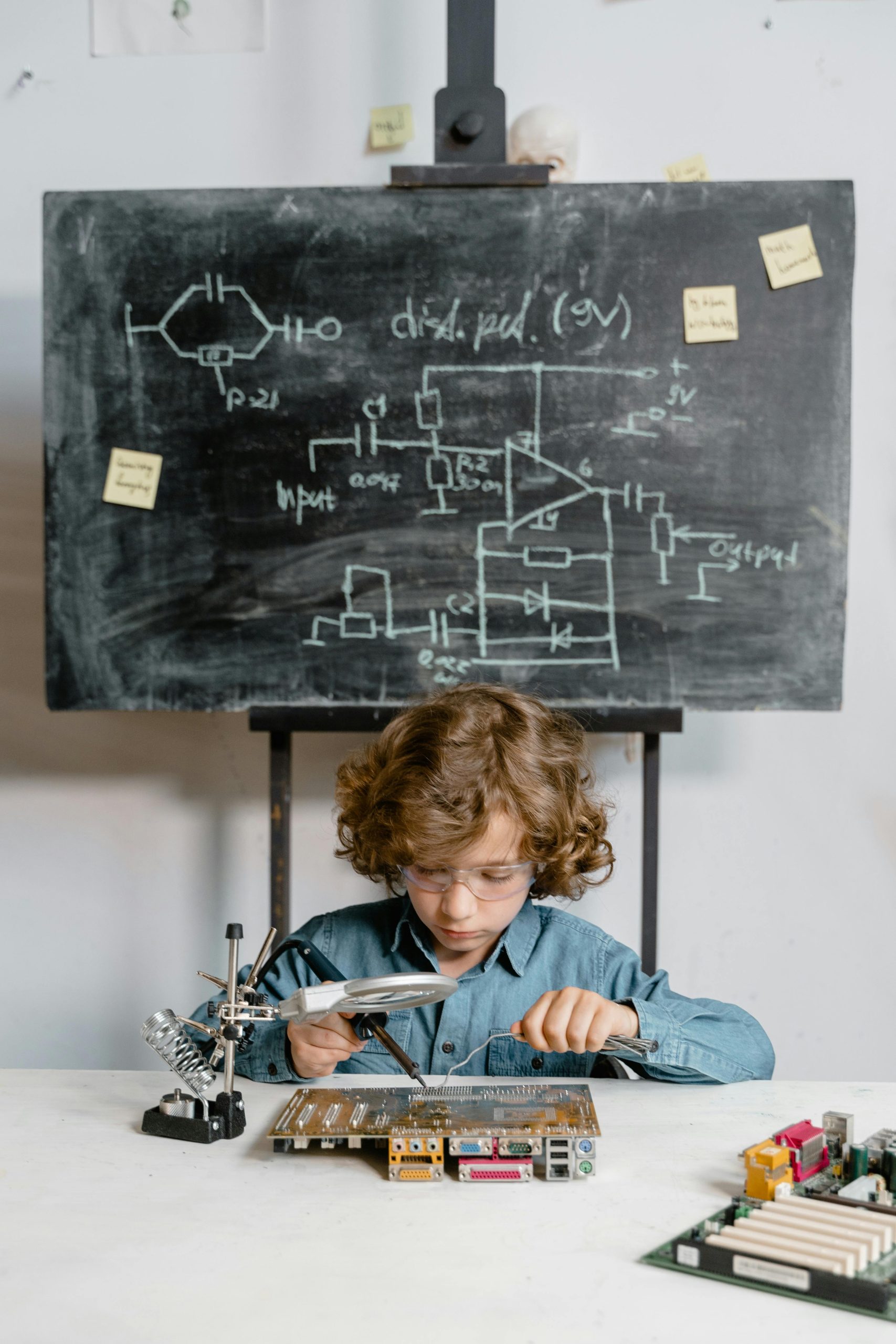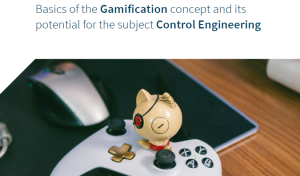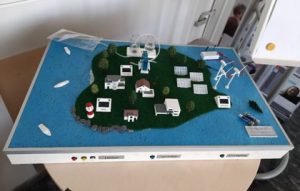An Open-Access Toolkit, comprising a set of recommendations to make your own remote laboratory experiments (RLEs), was developed by the Technikal University of Dnipro (DUT) with cooperation with Reutlingen University.
Two technical solutions have been proposed. The first is based on a WebHMI device, a platform available in Ukraine and offered by a DUT partner company. The second solution employs Arduino for data acquisition and Raspberry Pi as a web server, providing a cost-effective option familiar to many students, university teachers, and engineers.
Each RLE consists of various components: primary transducers (such as voltage and current sensors or sensors for other parameters to be measured), a data acquisition system (a digital device that collects, digitizes, and processes measured signals), a web-connection system (for transferring data to the Internet), and a web application with both back-end (server-side) and front-end (user-side, dashboard) components for an interactive web page.
Comprehensive technical documentation is provided, including descriptions, electrical connection diagrams, specifications of electrical components (lists and parameters), and purchasing recommendations. The software is available as open-source code on GitHub, accompanied by detailed help documentation, presentations, and explanatory videos.
Special attention is given to data security issues. With these step-by-step instructions, any interested team can equip their mechanism with devices to transmit data to the Internet, display it on a student’s web page, and enable remote interaction with the mechanism.
Additionally, recommendations on didactics are provided, including information on platforms like Moodle and suggestions for organizing theoretical material and tests.
The materials have been published on the DUT website with unrestricted access granted. Active promotion of the resource is being conducted.
This initiative is particularly valuable in the current context of Ukraine, where asynchronous studies are common due to the ongoing conflict. Many students are unable to attend classes in person and rely on online studies. Often, universities or students’ locations experience power outages. The provision of 24/7 accessible remote laboratory experiments supports the continuity of education under these conditions, especially in practical training with real equipment, which is crucial for engineering education.





